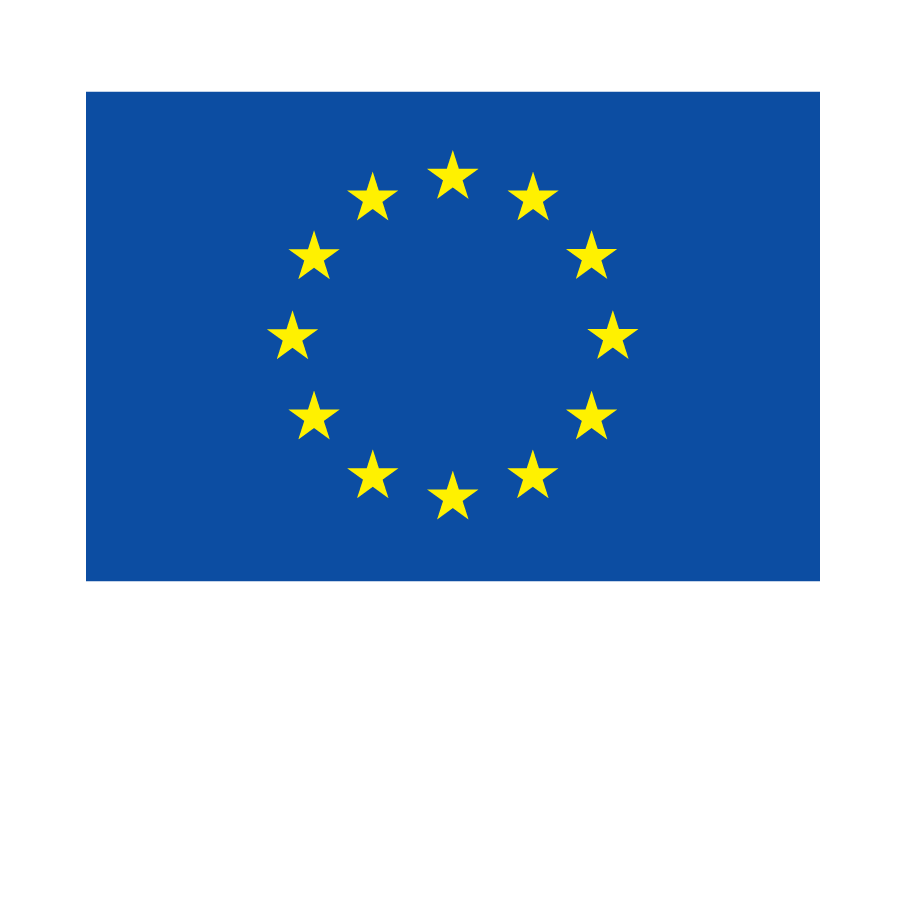“Implementation is lacking” – a clear and important message conveyed by Nicolae Ştefănuţă, Member of the European Parliament (MEP), at the MyPath project’s launch event at the Parliament. It fittingly captures the main reason why Europe needs a project like MyPath, which aims to not only develop a new digital health solution but also implement it in real clinics, where it is used by healthcare staff and patients. With five invited speakers and over 60 participants online and in person, the hybrid event brought together important stakeholders of the MyPath project including policymakers, clinicians, patient involvement representatives, and researchers, both online and at the European Parliament in Brussels, Belgium.
After the event’s kick-off by moderator Dr. Adela Maghear (Senior EU Affairs Manager at ECPC), Dr. Laura Garcia Ibanez (Project Adviser, European Health and Digital Executive Agency – HaDEA) gave a presentation on the HaDEA’s work and the EU’s Mission on Cancer. The MyPath project was then introduced by the coordinator, Prof. Stein Kaasa (Oslo University Hospital, University of Oslo). Presenting the audience with a subway map when describing the digital patient-centred care pathways (dPCCPs) the project is developing, Prof. Kaasa aptly states: “After a couple of stations, life may change. And then you need to jump on another train.” The metaphor illustrates the dynamic character of the dPCCPs, which are tailored to individual cancer patients and their personal needs and preferences. Since these may very well change throughout their cancer journey, real-time communication and shared decision-making are vital elements of the anticipated MyPath solution.
Following the presentation of the project, MEP Nicolae Ştefănuţă, who is also a member of the Special Committee on Beating Cancer, underlined the urgency of developing solutions for cancer patients and a proper strategy to fight cancer. His key political message to all organisations is to make health a matter for 2024. Ştefănuţă also commends the MyPath consortium for addressing one of the most significant issues in cancer research: a lack of implementation, i.e. putting research outcomes into clinical practice.
During the discussion, Prof. Augusto Caraceni from the Istituto Nazionale dei Tumori, highlighted that the innovativeness of MyPath lies in the ambitious pursuit of integrating patient-centred care into practice and leveraging the multi-disciplinary nature of the consortium to drive this implementation forward. Pam MacKay, as patient representative, stressed the crucial importance of patient involvement right from the inception phase, when it comes to the development of digital solutions meant to support patients and caregivers.
We would like to thank the panellists for their valuable contributions and all participants for their interest and support. We look forward to continuing to work towards a future with improved cancer care together and sharing the project’s progress with you over the next few years. If you’d like to stay up to date with MyPath developments, make sure you follow us on X and LinkedIn!


